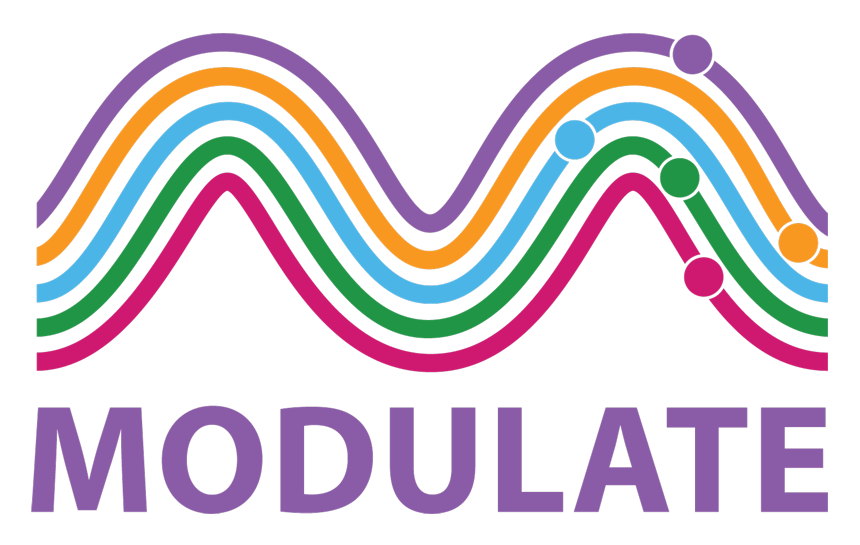More Information

More Information
Patient Information Sheets
There are five Participant Information Sheets for MODULATE which you can read to find out more about the trial. The best one to start with is the General information Sheet which covers the whole trial. The other four (Amitriptyline, Ondansetron, Loperamide and Low FODMAP Treatment Sheets) give information on the treatments involved in four of the five study arms.
General Participant Information Sheet
Amitriptyline Treatment Information Sheet
Ondansetron Treatment Information Sheet
Loperamide Treatment Information Sheet
Low FODMAP Treatment Information Sheet
This information sheet is split into two parts:
- Part 1 explains to the reader the purpose of the study and what will happen to patients who choose to take part
- Part 2 will give the reader more detailed information about the conduct of the study and data protection
This information sheet describes what amitriptyline is, and if the patient is randomised to this arm-
- How long the individual will be on amitriptyline for
- How the amitriptyline will be given
- Any possible side effects of amitriptyline
- Any warnings and precautions to use of amitriptyline
This information sheet describes what ondansetron is, and if the patient is randomised to this arm-
- How long the individual will be on ondansetron for
- How the ondansetron will be given
- Any possible side effects of ondansetron
- Any warnings and precautions to use of ondansetron
This information sheet describes what loperamide is, and if the patient is randomised to this arm-
- How long the individual will be on loperamide for
- How the loperamide will be given
- Why some doctors advise not to take loperamide if you have IBD
- Any possible side effects of loperamide
- Any warnings and precautions to use of this loperamide
This information sheet describes what a low FODMAP diet is and, if the patient is randomised to this arm-
- How long the individual will be on the low FODMAP diet for
- How their management of the low FODMAP diet will be supported
- If there is anything else they need to know regarding the low FODMAP diet
Participating Sites



